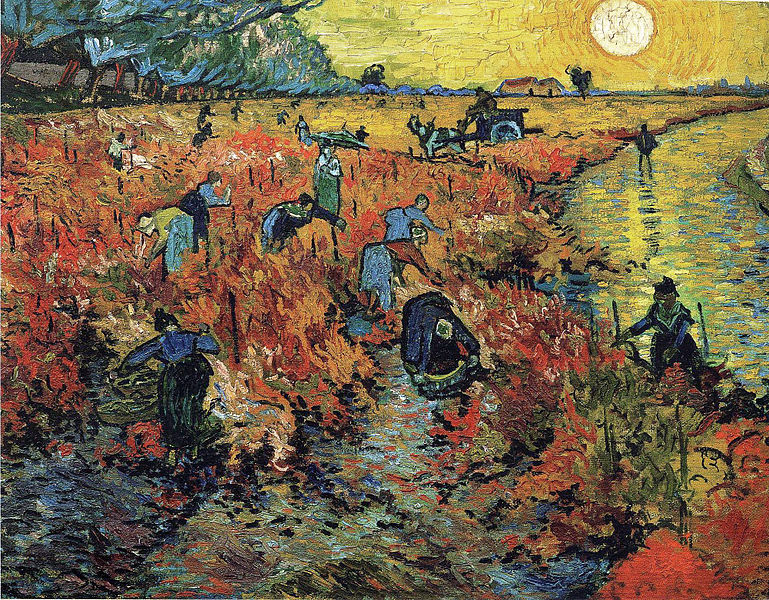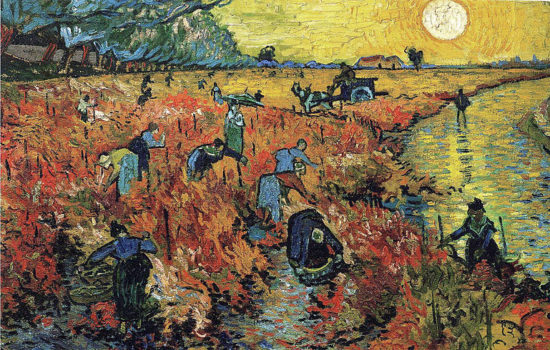From January 1, 2021, in the European Union the organic food market will be regulated by the framework Regulation (EU) n. 2018/848. In view of this date, a number of Commission regulations, delegated or implementing, are to be adopted. In this perspective, the Commission Implementing Regulation (EU) 2020/464 of 26 March 2020, which lays down certain modalities for the application of Regulation (EU) 2018/848 of the European Parliament and of the Council with regard to the documents necessary for the retroactive recognition of the conversion periods, the production of organic products and the information that the Member States are required to transmit, recently published in the OJ-EU of 31.3.2020 (also reported in the Food Law Alert).
This Regulation enters into force on the twentieth day following its publication in the Official Journal of the European Union, but it will be applicable from January 1, 2021, except for some exemptions granted with respect to specific animal welfare requirements (art . 26).
Among the main provisions, it is worth mentioning the discipline of in-conversion period in respect to the conditions and documents to be presented to the competent authorities for the purposes of retroactive recognition of a period prior to the one in which they notified the activity to the competent authorities (art. 1).
It is to be quoted the set of technical provisions on breeding which aims at balancing business and animal welfare: minimum period for feeding with breast milk, breeding density and minimum surface of internal and external spaces, characteristics and technical requirements of the surface. These requirements will apply to the breeding of cattle, sheep, goats and horses, pigs, poultry, rabbits, deer and aquaculture animals starting from 1st January 2021, but some derogations for the adaptation of structures for pig breeding and poultry are provided.
Innovations are introduced as regards to organic food production. The first is of general concern as it refers to the common procedure for updating the production techniques authorised under the ruling of Organic Legislation. As it is known, the organic system is inspired by a grid of principles and rules that condition and limit the technological options. Taking into account the large number of techniques used in food processing in organic production, it is not possible to draw up an exhaustive list of all the authorized techniques. Therefore, as a general rule, techniques that comply with the relevant production principles and standards set out in Regulation (EU) 2018/848 should be considered authorized in the processing of food in organic production. However, for certain techniques used in the processing of specific organic food, Member States may have conflicting opinions on the compliance of a technique with the relevant production principles and standards set out in Regulation (EU) 2018/848 for the production of certain products. In such cases it is necessary to establish rules relating to the way in which a technique can be assessed and, if compliance with these principles and production standards is confirmed, authorized by the Commission for the production of specific foods, where appropriate, to certain conditions. The Commission Regulation provides for the mechanism by which it is possible, at the request of the authority of a Member State, to request the Commission to change the principles and rules (of Chapter II and III of Regulation (EU) 2018/848 or of the rules detailed production schedules listed in Annex II, Part IV). Unfortunately, no deadline was foreseen for the conclusion of the procedure before the Commission and this represents a weakness. Instead, it is welcomed that the Commission is required to publish any requests received from Member States on a regular basis. In addition, the power is reviewed by the Commission in updating the techniques for processing organic food, including the description and conditions for use, whenever new data becomes available or is provided by a Member State. A similar procedure is revised for organic feed.
Secondly, Regulation 2020/464 authorizes the use of techniques with ion exchange resin and adsorbent for the preparation of organic raw materials for some categories of baby food (see post).














